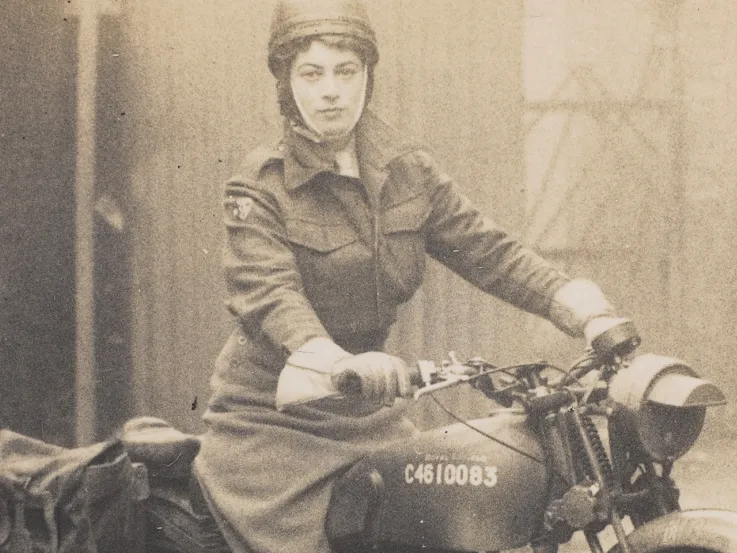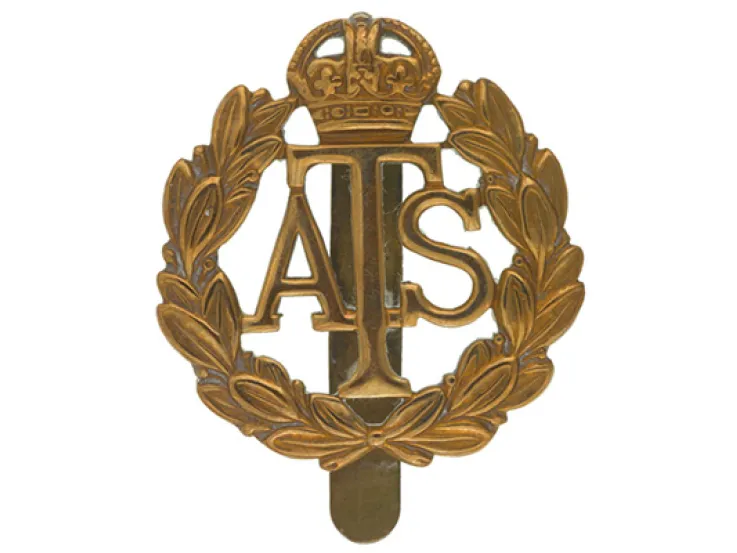Transcript: Pay gap
Audio transcript
Mary Coomer:
But the other thing at Shoeburyness that really got us angry was everybody in peace time, and all the men, who were there, got danger pay because of the work that we did. The men got one and sixpence a day. We did exactly the same work, except that we were not allowed to shout 'Fire!', when we were testing any guns, and we got a shilling a day and we did exactly the same work, um, which I suppose we accepted. We got two thirds their technical pay... so we got two thirds their danger pay.
But it was a time of great tolerance with one another, we were pushed together quite a lot in both, in our work in our sleeping, in our quarters, we did have passes out, we did go into Southend we did, which was all evacuated and guns and whatnot all along. But nevertheless, um, it made one very conscious of not to have likes and dislikes, and not to... if you didn't think the same as anybody else, you had to be much more tolerant.
I think Shoeburyness did an awful lot to my character because I had, not always, I mean, I don't mean that we thought one another were better than one another, but one couldn't live so closely together and not argue sometimes. And sometimes some of them were put on shoot and they were terribly tired and we had to take our meals out with us and, um, you had heavy things to lift. It rained, it snowed, it was bitterly cold, the one winter we were there, really cold. And we had great big sea boots and sea boot stockings and with pea jackets, which were navy blue reefer jackets lined with white blanket, which all to help us.
But there was not... there was only one bath to every block of quarters, every house, and there was about seven of us and you'd come up freezing and everybody want to get in the bath, you'd start a niggle. But it really was a character building place to be.
Description
This transcript is from a 1995 interview with Mary Coomer. (NAM. 1995-06-56)
Mary served in the Auxiliary Territorial Service from 1938 to 1945. She was one of the first to be selected to go to France with the British Expeditionary Force (BEF). After evacuating back to England in 1940, she served on the Home Front for the rest of the Second World War.



